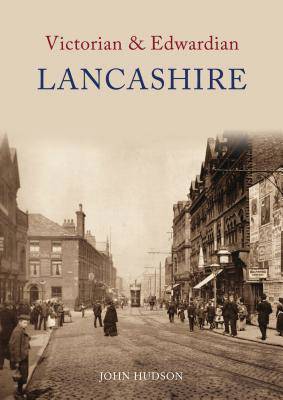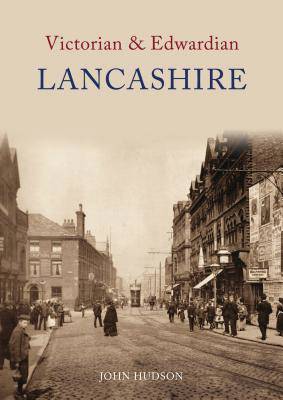
En raison d'une grêve chez bpost, votre commande pourrait être retardée. Vous avez besoin d’un livre rapidement ? Nos magasins vous accueillent à bras ouverts !
- Retrait gratuit dans votre magasin Club
- 7.000.000 titres dans notre catalogue
- Payer en toute sécurité
- Toujours un magasin près de chez vous
En raison de la grêve chez bpost, votre commande pourrait être retardée. Vous avez besoin d’un livre rapidement ? Nos magasins vous accueillent à bras ouverts !
- Retrait gratuit dans votre magasin Club
- 7.000.0000 titres dans notre catalogue
- Payer en toute sécurité
- Toujours un magasin près de chez vous
22,45 €
+ 44 points
Description
In industrial Lancashire, as in few other English communities, the turn of the twentieth century could be seen as modern times dressed in bowler hats and moustaches. Photographs of street scenes taken in Manchester and Burnley, Oldham and Accrington in the 1890s take us to a world that had been disciplined and regimented by factory work for a century or more. Already, by then, the best cafes and restaurants in town were suggesting that customers book a table by telephone. Highly organized public transport by road, rail and sea was tempting more and more factory workers to widen their horizons, and in the pubs the talk would be of the prospects of Liverpool, Blackburn Rovers and, from 1902, Manchester United. This, then, is a world we would recognize instantly. But there are aspects of it that would seem alien to us - the poverty, the filth, the insularity of Communities -and we would soon appreciate that for all its museums and swimming baths, art galleries and Gothic town halls, this was a society still only half 'grown up' in comparison with today's. That is what makes this time just beyond living memory so intriguing and fascinating. More than one hundred and fifty superbly reproduced photographs are included here, matched with contemporary descriptions from the years spanning the turn of the century. The emphasis is on working lives, and the ways in which our forefathers fought on, with the grim good humour for which Lancashire is famous, at a hard time when they could claim with some truth that what they were doing today, the world would do tomorrow.
Spécifications
Parties prenantes
- Auteur(s) :
- Editeur:
Contenu
- Nombre de pages :
- 144
- Langue:
- Anglais
- Collection :
Caractéristiques
- EAN:
- 9781848680258
- Date de parution :
- 15-10-08
- Format:
- Livre broché
- Format numérique:
- Trade paperback (VS)
- Dimensions :
- 172 mm x 248 mm
- Poids :
- 342 g

Les avis
Nous publions uniquement les avis qui respectent les conditions requises. Consultez nos conditions pour les avis.






